Built to Scale
We built our knowledge infrastructure to scale. We want to prove that universal access can work at a large scale and become a model for national replication.
Why Built to Scale?
So we can grow our impact and become a model for national replication.
The infrastructure we’ve built to power our programming is efficient and repeatable. In the first four years of existence, we were able to triple our operating budget every year.

What does universal access mean?
Custom-Built Technology Platform
We custom built a series of applications on the Salesforce platform to manage everything from the intake/triage process, case management, volunteer tracking, donor management, and grant reporting. Plus, we’re able to seamlessly sync our data (pending client’s permission) with our social service partners, allowing integrated case management. Because all our case notes and documents are saved in the cloud, we can easily onboard and manage large numbers of volunteers. Best of all, we’re able to run analytics on our cases and continually spot ways we can improve the quality and efficiency of our work.The information technology system we built has the potential to handle tens of thousands of cases and coordinate hundreds of service providers and will be applied to new locations as we grow.ons.
New thinking on talent management
If we’re going to create universal access and effectively practice in more than 35 areas of law, we need the best attorneys on our staff. That means paying them well and providing enough avenues for professional growth
Funding that grows
Through high impact, good storytelling, and compelling data analytics, we’ve been able to consistently attract new supporters and develop a track record of growth.

